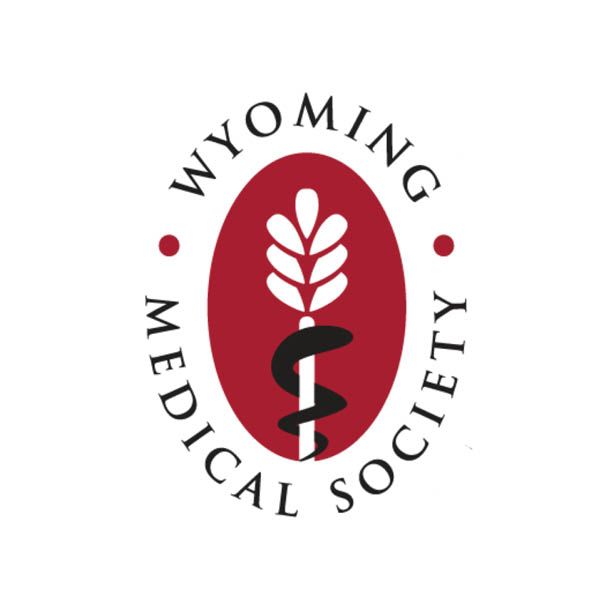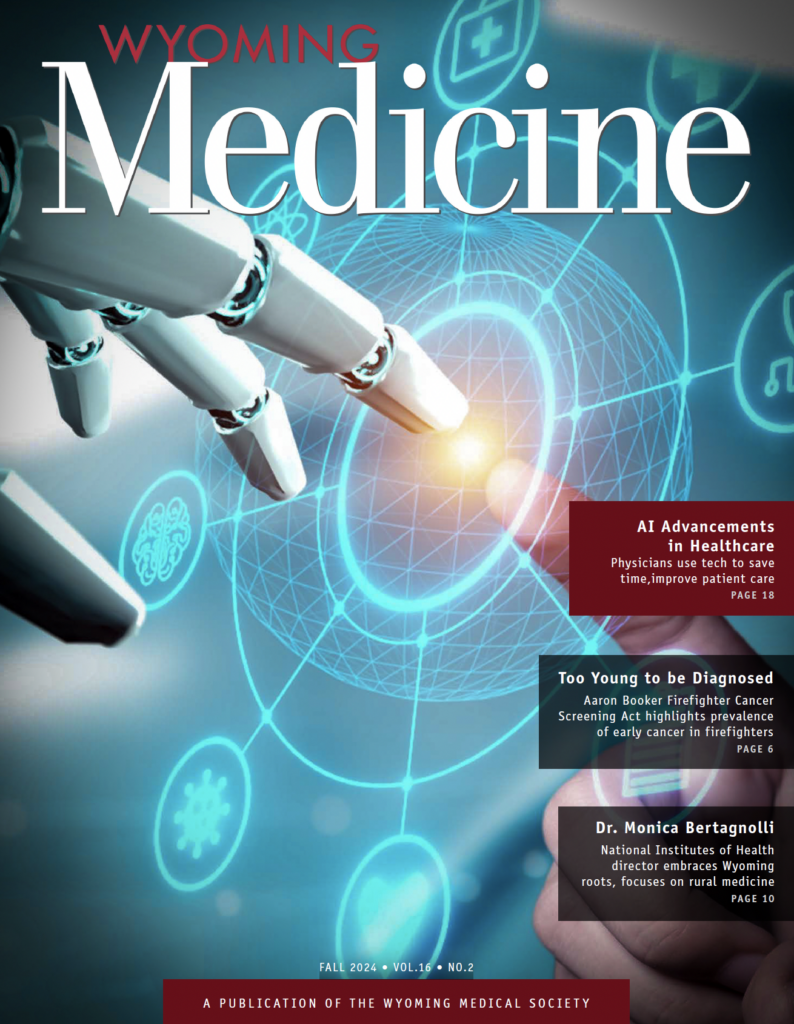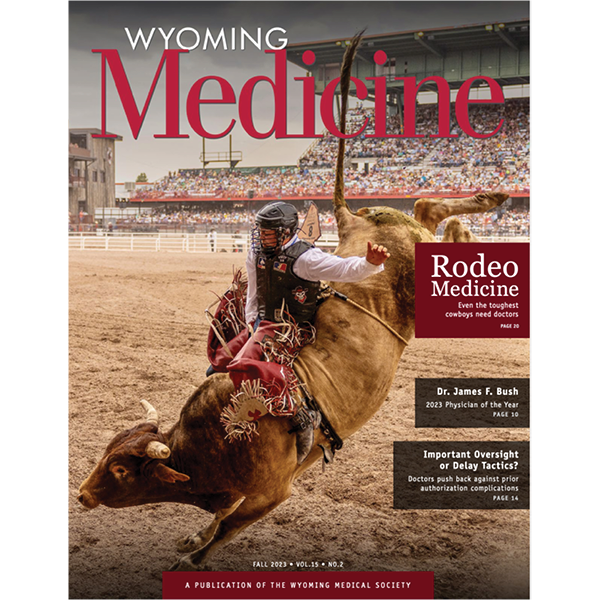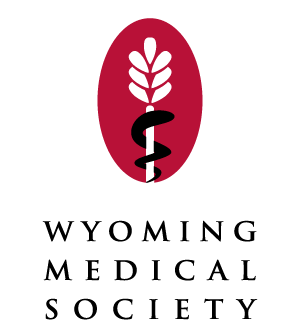
Violence Against Healthcare Workers
Violence Against Healthcare Workers
As published in Wyoming Medicine Spring 2023
In September 2022, a new report revealed that 5,217 nurses to service is what makes nurses and other healthcare providers were assaulted on the job in this country in just three months in 2022. These are staggering numbers and far exceed the experience
of workers in any other profession.
This equates to more than two nurses assaulted every hour, 57 every day, and 1,739 every month. Bureau of Labor Statistics data show workers in healthcare and social services experience the highest rates of violence and are 5 times as likely to be injured at work than workers overall. Rates of violence against healthcare workers have risen every year since 2011. Right here in Wyoming, between January 1, 2021, and June 21, 2022, violence impacted 121 healthcare workers—with injuries extreme enough to result in workers' compensation claims. It is important to note these are only workers' compensation claims and not the total number of assaults on healthcare staff. The total number of attacks is, without question, dramatically higher.
While this commitment to service is what makes nurses and other healthcare providers heroes in their communities, it also makes them extremely vulnerable. The question of “how high” is difficult to pin down. Many times, attacks go unreported, and the reasons are varied. Healthcare workers are often, by nature and by training, helpers. They are in this field to care for people. They have been trained to treat the patient in front of them—even in the face of threats and physical violence. While this commitment heroes in their communities, it also makes them extremely vulnerable.
Further adding to the risk, they have no ability to pick and choose who they serve. In a hospital setting, federal law requires all patients who walk through the door be treated. For example, a patient may enter the emergency room of a hospital on Monday and assault a nurse. This same patient could return to the same emergency room on Friday, and the hospital staff must treat that patient - regardless of the threat they pose.
State legislators across the country have decided they have an important role to play in addressing this violence. Nebraska, Louisiana, Wisconsin, and Oklahoma have all passed laws which consider assault of a medical professional or provider a felony. The passage of such legislation makes a strong statement about how healthcare workers are valued, and how the abuse they suffer in the workplace is unacceptable.
There is precedent for this in Wyoming law: The state of Wyoming has enhanced penalties when it comes to corrections and detention officers. Federal law acknowledges attacks against flight attendants as a more serious crime than a “regular” assault. Hospitals and other healthcare facilities are intended to be places of healing. The harm caused by attacks on healthcare professionals extends beyond the individual(s) assaulted. It interferes with the care of other patients, some who may require lifesaving measures. Interfering with the delivery of healthcare is a serious public safety issue, and Wyoming law should be updated to recognize this reality.
Healthcare providers, particularly nurses, have been leaving the profession at an alarming rate over the past several years. Burnout is one driver of this exodus, and Wyoming has suffered a lack of workforce more than most states. The market for recruiting healthcare professionals is a national one and Wyoming must compete in that market for nurses and other providers who are in high demand everywhere. It is critical for Wyoming to make itself as inviting as possible to attract and retain the best talent. While states across the country continue to pass laws enhancing penalties for these crimes, Wyoming places itself at a further competitive disadvantage without addressing this growing issue.
Disclaimer
This web site is provided for educational and informational purposes only and does not constitute providing medical advice or professional services. The information provided should not be used for diagnosing or treating a health problem or disease, and those seeking personal medical advice should consult with a licensed physician. Always seek the advice of your doctor or other qualified health provider regarding a medical condition. Never disregard professional medical advice or delay in seeking it because of something you have read on the Wyoming Medical Society's website. If you think you may have a medical emergency, call 911 immediately. No physician-patient relationship is created by this web site or its use. Neither WMS nor its employees, nor any contributor to this web site, makes any representations, express or implied, with respect to the information provided herein or to its use.
WyoMed Blog






Browse Our Website
Contact Information
FAX: (307) 632-1973





